What is Fenbendazole 150 mg?
Fenbendazole is a broad-spectrum anthelmintic medication used to treat parasitic infections in animals. It belongs to the benzimidazole group of drugs and works by disrupting the energy metabolism of parasites, eventually killing them.
The 150 mg dosage is one of the more common strengths, especially in tablet or granule form, and is often prescribed for dogs and other household pets.
How Does Fenbendazole 150 mg Work?
In simple terms, Fenbendazole starves parasites to death.
It inhibits the parasite’s ability to absorb glucose, leading to energy depletion and cell death. Interestingly, this same mechanism has gained attention in the medical research community for its potential impact on cancer cells, but more on that later.
Common Uses of Fenbendazole 150 mg
Veterinary Applications
In veterinary medicine, Fenbendazole is widely used for:
-
Dogs: Roundworms, hookworms, whipworms, and certain tapeworms.
-
Cats: Off-label for similar parasite issues.
-
Livestock: Cattle, sheep, goats—used to maintain herd health.
Human Off-Label Interest
In recent years, some people have turned to Fenbendazole for non-FDA-approved uses, especially in the realm of cancer support. This has sparked curiosity (and controversy) about whether an animal dewormer could actually help people.
Fenbendazole 150mg for Parasite Treatment
Types of Parasites Treated
Fenbendazole 150 mg is effective against:
-
Roundworms
-
Hookworms
-
Whipworms
-
Certain tapeworms
Its strength lies in its ability to target multiple types of intestinal parasites at once.
How Long Does It Take to Work?
Most users report noticeable effects within 2–5 days of beginning treatment. For full parasite elimination, it’s often given over a 3–5 day period and may be repeated after a few weeks.
Fenbendazole and Cancer: The Joe Tippens Protocol
The Joe Tippens story is what launched Fenbendazole into mainstream curiosity. Diagnosed with terminal lung cancer, Joe began self-administering Fenbendazole alongside supplements like vitamin E, CBD oil, and curcumin.
He later claimed to be cancer-free, and although this is anecdotal and not medically proven, it prompted further interest and even some early scientific studies.
⚠️ Important Note: This protocol is not approved by health authorities. Always consult your doctor before considering off-label treatments.
Dosage Guide for Fenbendazole 150 mg
For Dogs and Pets
The typical dosage is 22.7 mg per kg of body weight, once daily for 3 days. A 150 mg dose suits medium-sized dogs (around 15–20 kg), but always verify with your vet.
Human Use (Off-Label)
Though not medically approved, some people take 150 mg per day for 3 days, followed by 4 days off, in cycles. This should only be done under medical supervision due to unknown long-term effects.
How to Take Fenbendazole Safely
-
Take with food: Fatty meals can enhance absorption.
-
Don’t exceed the dose: It won’t speed up healing and may harm your liver.
-
Cycle it: A common cycle is 3 days on, 4 days off.
Side Effects and Safety Considerations
In Pets
-
Vomiting
-
Diarrhea
-
Temporary lethargy
These effects are usually mild and temporary.
In Humans (Reported)
-
Upset stomach
-
Headache or fatigue
Routine liver function tests are highly recommended if used long-term.
Who Should Avoid Fenbendazole?
-
Pregnant or breastfeeding women
-
Children (unless prescribed by a physician)
-
Individuals with liver disease
-
Those on immunosuppressive therapy
Drug Interactions to Watch Out For
Fenbendazole is metabolized in the liver, so be careful when combining it with:
-
Alcohol
-
Antifungals
-
Hepatotoxic drugs
Always disclose all medications to your healthcare provider.
Storage and Shelf Life
-
Store in a cool, dry place
-
Avoid moisture and heat
-
Shelf life: Around 2–3 years (check the packaging)
Legal and Regulatory Status
-
Approved by the FDA and other agencies for animal use only
-
Not approved for cancer or human treatment
-
Off-label use comes with risks, so research and consult a healthcare provider
Real User Experiences and Feedback
The general consensus among pet owners is that Fenbendazole 150 mg is:
-
Highly effective for parasites
-
Well-tolerated with few side effects
-
Affordable and easy to administer
Some humans using it off-label for chronic illnesses report increased energy, better immune response, and tumor shrinkage—but again, these are anecdotal and unverified by clinical trials.
Alternatives to Fenbendazole
If you’re looking for other options:
-
Albendazole: Similar action, also used in humans
-
Mebendazole: Often used for pinworms
-
Natural options: Wormwood, black walnut, and clove (used in herbal protocols)
- Popular Brand: Panacure 150, Wormentel 150 mg
Conclusion
Whether you’re a pet owner trying to deworm your furry friend or someone curious about its off-label use in cancer or parasites, Fenbendazole 150 mg offers a lot of potential—but also a lot of questions. While it’s proven safe and effective for animals, its use in humans is still being explored.
Remember: just because something is effective in pets doesn’t mean it’s safe for people. When in doubt, consult your vet or physician.
FAQs
Can humans take Fenbendazole 150 mg?
Yes, but only off-label and not FDA-approved. Always consult your doctor.
How long does it take for Fenbendazole to kill parasites?
Most cases show improvement within 3 to 5 days of use.
Is it safe for long-term use?
In animals, yes. For humans, long-term use should be monitored via liver function tests.
What’s the right dose for small dogs?
About 22.7 mg/kg of body weight. A 150 mg tablet is suitable for dogs around 15–20 kg.
Can Fenbendazole cure cancer?
There’s no scientific proof yet. Some anecdotal cases suggest potential, but more research is needed.


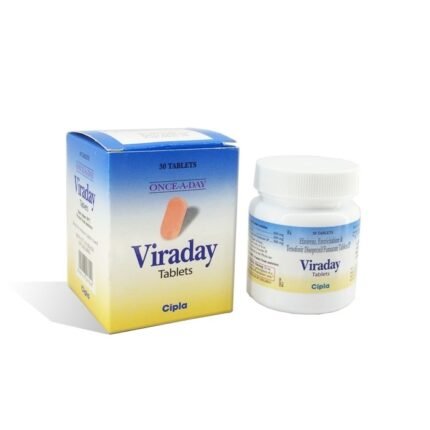

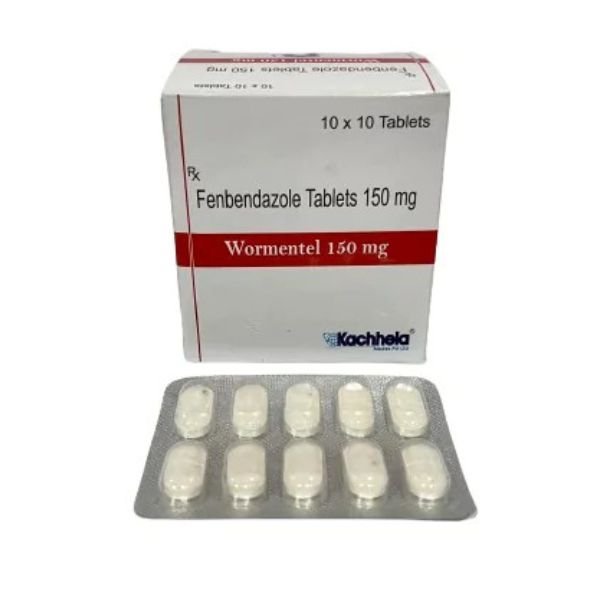

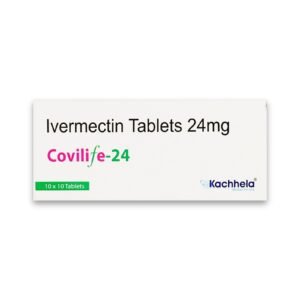

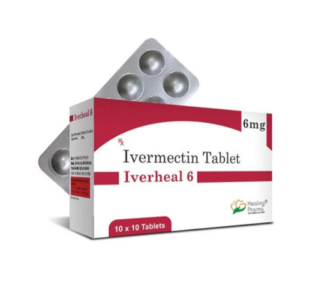
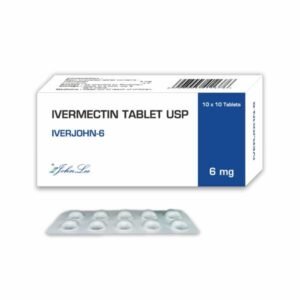

Natalie –
I started low and slow with this dose. It’s given me peace of mind and I’m seeing real results
Jack –
This lower dose was perfect for starting out.
Sophie –
Happy with the service and safe packaging.
Julien Moreau –
Good product, shipping was slightly delayed but no complaints.
Natalie Cook –
I started low and slow with this dose. It’s given me peace of mind and I’m seeing real results.
Jack Miller –
This lower dose was perfect for starting out.
Jackson –
Happy with the service and safe packaging.
Hannah Wilson –
I used this as part of my detox. Took weeks, but I feel so much healthier now. It’s affordable and came right on time.
Chris Bell –
Never felt this good in years.
Emma –
Small but powerful,exactly what I needed.
Jack Simmons –
Was skeptical about ordering meds online, but mgpills proved me wrong. Fenbenda 150mg was easy to use, cleared out my system, and I feel lighter than ever.
Kimberly –
Been feeling off for months—turned out parasites were the culprit. Febnedaz 150
sorted me out in under two weeks. Didn’t expect such clean packaging for the price, honestly impressed.
Ethan Miller –
Felt tired for months, thought it was stress. Turned out parasites. Pancure fixed me up.
Holly James –
I got my appetite back, honestly shocked. Packaging was solid too.
Jake Anderson –
Doctor couldn’t pin down my stomach issues, this cleared them.
Lucy Carter –
Felt lighter, healthier, less bloated within days. Didn’t expect it.
Sophie Bernard –
Cheap compared to local pharmacy, but quality was there. Really helped
Aaron Taylor –
Finally slept without pain after weeks. Worth it.
Tom Harris –
When cancer news hit, my world crashed. Fenbven Pancure gave my brother back his strength. Small steps, but huge for us emotionally
Ella Morris –
Good med, easy on the stomach. I feel stable and stronger now.
Nathan Cole –
Had worms that wouldn’t clear up. Fenbven Pancure fixed it quick. Problem solved
Sophie Durand –
My aunt used it with her treatment. She regained appetite, energy, and hope. That meant everything for us.
Lucas White –
Worked well, but had a slight bitter aftertaste. Still worth it.
Grace Evans –
Solid medicine, just wish results showed a bit faster. 4/5.
Chloe Knight –
Like hitting reset on my stomach—parasite symptoms just disappeared.
Ethan Brooks –
Had nausea for weeks after traveling. Pancure cleared it up fast. So relieved.
Doyle –
My son had recurring tummy pain. This sorted him out when nothing else worked.
Lucas Martin –
A traveler buddy recommended Pancure after his trip to Asia. Worked for me just as well.
Stewart –
It does the job. Took a few days but symptoms eased and stayed away.
Jake Simmons –
Effective med, but the taste is a bit bitter. Would still recommend.
Ethan Clarke –
Didn’t expect such a small dose to make such a noticeable difference. Pancure 150 felt like a gentle but real fix.
Liam Johnson –
Oi mate, this one worked like a charm. Less heavy than the others but still did the trick for me.
Patrick –
Struggled with worms and constant stomach bloating. Pancure 150 finally broke that cycle for me.
Claire Dubois –
Felt lighter, no more nausea, and I could finally sleep without discomfort. That’s a big win for me.
Henry Davis –
Does the job, though a bit slower than I hoped. Still happy with the outcome.
Rachel –
Simple but effective parasite fix.
Ben –
Honestly, didn’t think something small like Pancure would make a difference, but it really cleaned me out.
Lucas Wright –
Felt lighter, fresher, and way more energetic after a week of Pancure. Total reset for me.
Camille –
I had persistent parasites that wouldn’t go even after doctor’s prescriptions. Pancure 150 was like a reset for my system. Digestion improved, stomach aches disappeared, and I regained energy. Life feels more normal again.
Daniel Scott –
Works well, though took longer than I expected. Happy overall
Mike –
Great…!
Lion –
Thanks to Pancure 150, my digestive issues are finally gone
Paula –
Persistent parasite problems had me frustrated. Pancure cleared them in days
Pansy P. –
Felt lighter, more energetic, and my stomach issues are finally gone
Chris –
I had chronic stomach discomfort and bloating. Pancure 150 solved my parasite problem and helped my digestion. Delivery was fast, packaging secure. I feel healthier already.
Rogers –
Great quality at a very reasonable price. Definitely worth it.
Shermaine –
Fenbven Pancure brought my energy back when I felt drained. Really thankful..!